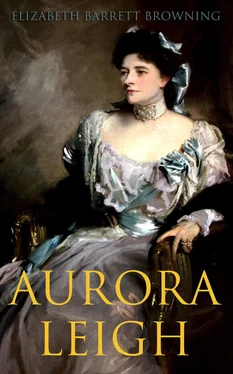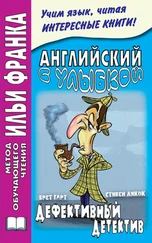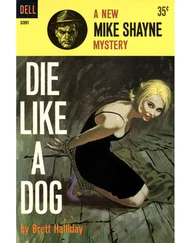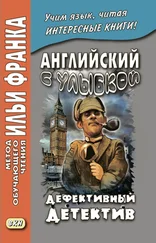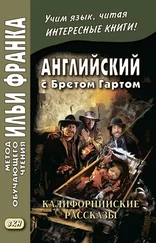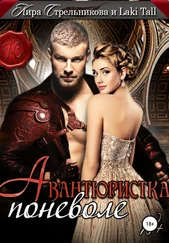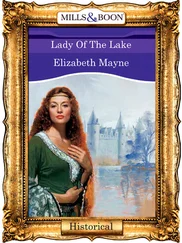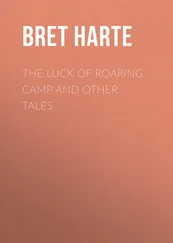I read books bad and good—some bad and good At once: good aims not always make good books: Well-tempered spades turn up ill-smelling soils In digging vineyards, even: books, that prove God’s being so definitely, that man’s doubt Grows self-defined the other side the line, Made atheist by suggestion; moral books, Exasperating to license; genial books, Discounting from the human dignity; And merry books, which set you weeping when The sun shines—ay, and melancholy books, Which make you laugh that any one should weep In this disjointed life, for one wrong more.
The world of books is still the world, I write, And both worlds have God’s providence, thank God, To keep and hearten: with some struggle, indeed, Among the breakers, some hard swimming through The deeps—I lost breath in my soul sometimes, And cried, ‘God save me if there’s any God,’ But, even so, God saved me; and, being dashed From error on to error, every turn Still brought me nearer to the central truth.
I thought so. All this anguish in the thick Of men’s opinions … press and counterpress, Now up, now down, now underfoot, and now Emergent … all the best of it, perhaps, But throws you back upon a noble trust And use of your own instinct—merely proves Pure reason stronger than bare inference At strongest. Try it—fix against heaven’s wall Your scaling ladders of high logic—mount Step by step!—Sight goes faster; that still ray Which strikes out from you, how, you cannot tell, And why, you know not—(did you eliminate, That such as you, indeed, should analyse?) Goes straight and fast as light, and high as God.
The cygnet finds the water; but the man Is born in ignorance of his element, And feels out blind at first, disorganised By sin i’ the blood—his spirit-insight dulled And crossed by his sensations. Presently We feel it quicken in the dark sometimes; Then, mark, be reverent, be obedient— For those dumb motions of imperfect life Are oracles of vital Deity Attesting the Hereafter. Let who says ‘The soul’s a clean white paper,’ rather say, A palimpsest, a prophet’s holograph Defiled, erased and covered by a monk’s— The apocalypse, by a Longus! poring on Which obscene text, we may discern perhaps Some fair, fine trace of what was written once, Some upstroke of an alpha and omega Expressing the old scripture. Books, books, books! I had found the secret of a garret-room Piled high with cases in my father’s name; Piled high, packed large—where, creeping in and out Among the giant fossils of my past, Like some small nimble mouse between the ribs Of a mastodon, I nibbled here and there At this or that box, pulling through the gap, In heats of terror, haste, victorious joy, The first book first. And how I felt it beat Under my pillow, in the morning’s dark, An hour before the sun would let me read! My books! At last, because the time was ripe, I chanced upon the poets. As the earth Plunges in fury, when the internal fires Have reached and pricked her heart, and, throwing flat The marts and temples, the triumphal gates And towers of observation, clears herself To elemental freedom—thus, my soul, At poetry’s divine first finger-touch, Let go conventions and sprang up surprised, Convicted of the great eternities Before two worlds. What’s this, Aurora Leigh, You write so of the poets, and not laugh? Those virtuous liars, dreamers after dark, Exaggerators of the sun and moon, And soothsayers in a tea-cup? I write so Of the only truth-tellers, now left to God— The only speakers of essential truth, Opposed to relative, comparative, And temporal truths; the only holders by His sun-skirts, through conventional grey glooms; The only teachers who instruct mankind, From just a shadow on a charnel-wall, To find man’s veritable stature out, Erect, sublime—the measure of a man, And that’s the measure of an angel, says The apostle. Ay, and while your common men Build pyramids, gauge railroads, reign, reap, dine, And dust the flaunty carpets of the world For kings to walk on, or our senators, The poet suddenly will catch them up With his voice like a thunder … ‘This is soul, This is life, this word is being said in heaven, Here’s God down on us! what are you about?’ How all those workers start amid their work, Look round, look up, and feel, a moment’s space, That carpet-dusting, though a pretty trade, Is not the imperative labour after all.
My own best poets, am I one with you, That thus I love you—or but one through love? Does all this smell of thyme about my feet Conclude my visit to your holy hill In personal presence, or but testify The rustling of your vesture through my dreams With influent odours? When my joy and pain, My thought and aspiration, like the stops Of pipe or flute, are absolutely dumb If not melodious, do you play on me, My pipers—and if, sooth, you did not blow, Would no sound come? or is the music mine, As a man’s voice or breath is called his own, Inbreathed by the Life-breather? There’s a doubt For cloudy seasons! But the sun was high When first I felt my pulses set themselves For concords; when the rhythmic turbulence Of blood and brain swept outward upon words, As wind upon the alders, blanching them By turning up their under-natures till They trembled in dilation. O delight And triumph of the poet—who would say A man’s mere ‘yes,’ a woman’s common ‘no,’ A little human hope of that or this, And says the word so that it burns you through With a special revelation, shakes the heart Of all the men and women in the world, As if one came back from the dead and spoke, With eyes too happy, a familiar thing Become divine i’ the utterance! while for him The poet, the speaker, he expands with joy; The palpitating angel in his flesh Thrills inly with consenting fellowship To those innumerous spirits who sun themselves Outside of time. O life, O poetry, —Which means life in life! cognisant of life Beyond this blood-beat—passionate for truth Beyond these senses—poetry, my life— My eagle, with both grappling feet still hot From Zeus’s thunder, who has ravished me Away from all the shepherds, sheep, and dogs, And set me in the Olympian roar and round Of luminous faces, for a cup-bearer, To keep the mouths of all the godheads moist For everlasting laughters—I, myself, Half drunk across the beaker, with their eyes! How those gods look! Enough so, Ganymede. We shall not bear above a round or two— We drop the golden cup at Heré’s foot And swoon back to the earth—and find ourselves Face-down among the pine-cones, cold with dew, While the dogs bark, and many a shepherd scoffs, ‘What’s come now to the youth?’ Such ups and downs Have poets. Am I such indeed? The name Is royal, and to sign it like a queen, Is what I dare not—though some royal blood Would seem to tingle in me now and then, With sense of power and ache—with imposthumes And manias usual to the race. Howbeit I dare not: ’tis too easy to go mad, And ape a Bourbon in a crown of straws; The thing’s too common. Many fervent souls Strike rhyme on rhyme, who would strike steel on steel If steel had offered, in a restless heat Of doing something. Many tender souls Have strung their losses on a rhyming thread, As children, cowslips:—the more pains they take, The work more withers. Young men, ay, and maids, Too often sow their wild oats in tame verse, Before they sit down under their own vine And live for use. Alas, near all the birds Will sing at dawn—and yet we do not take The chaffering swallow for the holy lark.
In those days, though, I never analysed Myself even. All analysis comes late. You catch a sight of Nature, earliest, In full front sun-face, and your eyelids wink And drop before the wonder of’t; you miss The form, through seeing the light. I lived, those days, And wrote because I lived—unlicensed else: My heart beat in my brain. Life’s violent flood Abolished bounds—and, which my neighbour’s field, Which mine, what mattered? It is so in youth. We play at leap-frog over the god Term; The love within us and the love without Are mixed, confounded; if we are loved or love, We scarce distinguish. So, with other power. Being acted on and acting seem the same: In that first onrush of life’s chariot-wheels, We know not if the forests move or we.
Читать дальше
